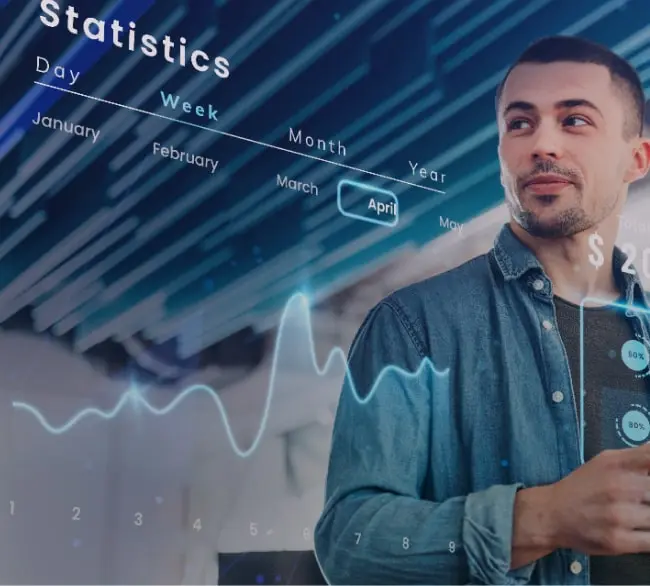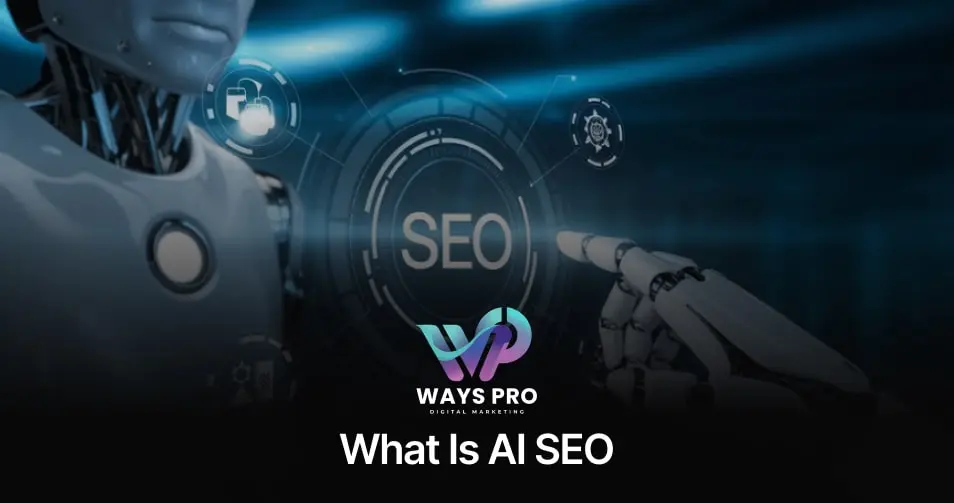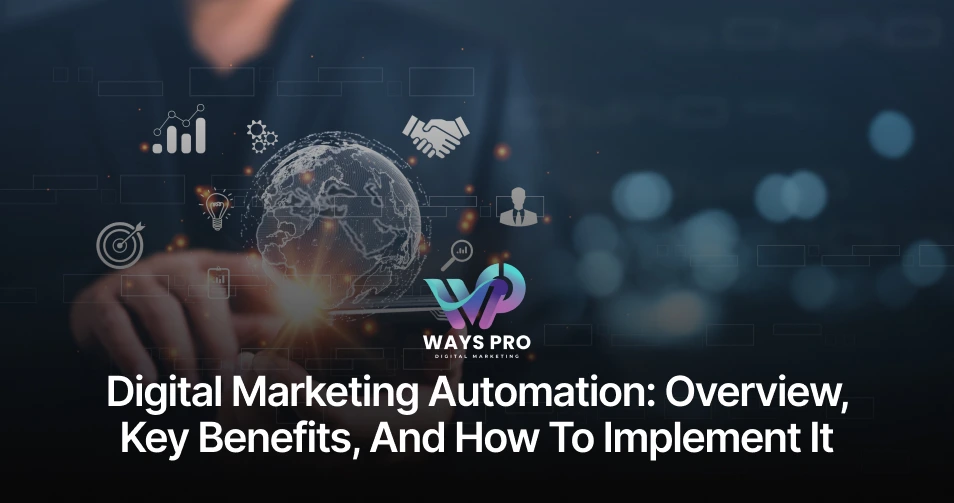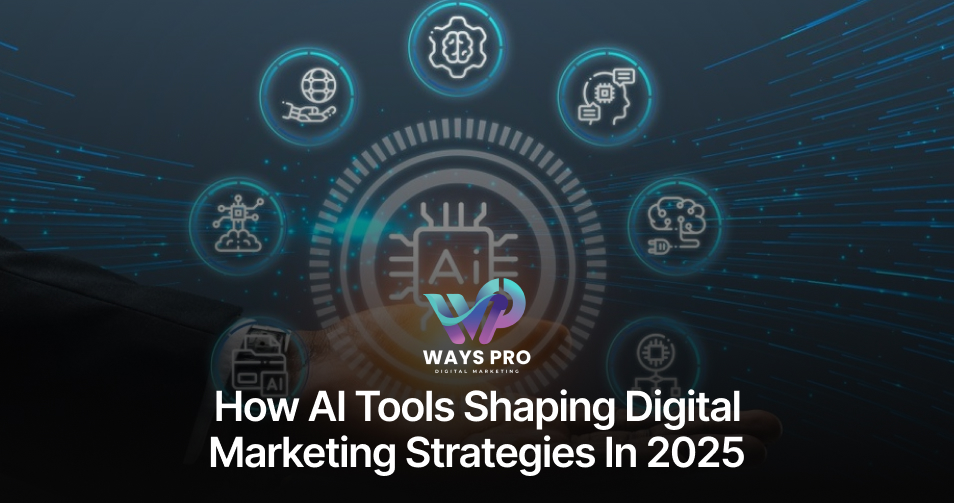AI SEO (Artificial Intelligence Search Engine Optimization) refers to the application of artificial intelligence technologies to improve and optimize a website’s visibility on search engine results pages (SERPs). AI SEO tools and techniques analyze large amounts of data, automate tasks, and provide actionable insights to help marketers and businesses enhance their SEO strategies more efficiently.
Benefits of AI SEO
- Efficiency: Automates time-consuming tasks, freeing up time for strategic planning.
- Accuracy: Reduces human error in analyzing large datasets and identifying trends.
- Scalability: Enables businesses to manage SEO for multiple websites or large-scale campaigns.
- Better User Experience: Improves website structure, content, and navigation for enhanced user satisfaction.
- Competitive Edge: Identifies opportunities and trends that may go unnoticed with traditional SEO methods.

How to Use SEO to Gravitate towards Organic Traffic

Using AI for SEO to gravitate towards organic traffic involves leveraging AI tools and techniques to enhance every aspect of your website’s optimization, from content creation to analytics. Here’s a step-by-step guide:
AI Tools for SEO Campaign
- SemRush
- Ahref
- Ubersuggest
- ChatGPT / Phrase
- Claude / Gemini
- Surfer SEO / Clearscope
- Jasper AI
- Screaming Frog / DeepCrawl
- PageSpeed insight / Cloudflare
- Google Vision AI
- VidIQ / TubeBuddy
- Pitchbox / BuzzStream
- Optimizely or Dynamic Yield
- BrightEdge / Conductor
- Google Analytics 4 (GA4)
- Hootsuite Insights
1. Conduct AI-Powered Keyword Research
- Why: Find high-traffic, low-competition keywords that match user intent.
- How:
- Use tools like SEMrush, Ahrefs, or Ubersuggest to analyze keyword difficulty, trends, and search volume.
- Leverage ChatGPT or Phrase to brainstorm long-tail keywords and semantic phrases related to your niche.
- Focus on keywords optimized for voice search (e.g., conversational queries).
2. Optimize Content Using NLP (Natural Language Processing)
- Why: Create content that aligns with search engine algorithms and user behavior.
- How:
- Use tools like Surfer SEO or Clearscope to optimize content for relevance, readability, and keyword density.
- Integrate NLP-suggested phrases for improved ranking.
- Create FAQ sections targeting common queries to capture featured snippets.
3. Automate Content Creation and Updates
- Why: Scale content production while maintaining quality and relevance.
- How:
- Use Jasper AI or ChatGPT to generate outlines, blog posts, meta descriptions, and headlines.
- Regularly refresh old content with AI-generated suggestions to keep it relevant for evolving search intent.
4. Enhance Technical SEO
- Why: Ensure your site is crawlable, fast, and user-friendly.
- How:
- Use Screaming Frog or Deepcrawl to identify and fix broken links, 404 errors, and duplicate content.
- Optimize site speed using AI tools like PageSpeed Insights. or Cloudflare.
- Implement AI-driven schema markup to improve rich snippet visibility.
5. Focus on Voice Search and Visual Search
- Why: Adapt to growing trends in search behavior.
- How:
- Optimize content for conversational keywords and long-tail queries.
- Add alt tags and structured data to images using AI tools like Google Vision AI.
- Use tools like VidIQ or
- to optimize video SEO for platforms like YouTube.
6. Automate Link-Building Campaigns
- Why: Build high-quality backlinks efficiently.
- How:
- Use tools like Pitchbox or BuzzStream to automate outreach to bloggers and influencers.
- Identify broken backlinks on competitors’ websites with Ahrefs, and offer your content as a replacement.
- Use HARO (Help A Reporter Out) to earn backlinks from high-authority publications.
7. Personalize the User Experience
- Why: Improve engagement metrics like dwell time and bounce rate.
- How:
- Use Optimizely or Dynamic Yield to personalize website content based on user behavior.
- AI-powered chatbots like Intercom can improve navigation and customer support.
8. Predict Trends and Behavior
- Why: Stay ahead of competitors by anticipating user needs.
- How:
- Use tools like BrightEdge or Conductor to forecast keyword trends and search behavior.
- Create content targeting future queries (e.g., seasonal or emerging trends).
9. Monitor and Analyze Performance
- Why: Continuously improve based on data-driven insights.
- How:
- Use AI tools like Google Analytics 4 (GA4) with predictive metrics to understand traffic patterns.
- Employ SE Ranking or ProRankTracker for keyword tracking and SERP performance.
10. Optimize for Core Web Vitals
- Why: Improve rankings by aligning with Google’s user experience metrics.
- How:
- Use AI tools like WebPageTest or Lighthouse to optimize LCP (Largest Contentful Paint), FID (First Input Delay), and CLS (Cumulative Layout Shift).
- Implement AI-based content delivery networks (CDNs) like Cloudflare for faster loading.
11. Leverage AI for Social Media SEO
- Why: Social signals indirectly influence organic traffic.
- How:
- Use AI tools like Hootsuite Insights to identify the best times to post and trending hashtags.
- Share optimized blog content on social media platforms to drive traffic and backlinks.
12. Gain Insights Through Competitor Analysis
- Why: Identify gaps and opportunities in your strategy.
- How:
- Use Ahrefs or SEMrush to analyze competitors’ backlinks, content, and keywords.
- Develop content or campaigns that outperform competitors’ weak areas.
Sample Workflow for Using AI for SEO:
- Keyword Research:
- Identify high-potential keywords using SEMrush.
- Content Creation:
- Generate content drafts with ChatGPT and optimize with Surfer SEO.
- Technical Optimization:
- Audit the website with Screaming Frog.
- Link Building:
- Automate outreach with Pitchbox and find opportunities with Ahrefs.
- Performance Monitoring:
- Track rankings and traffic growth using ProRankTracker.
By integrating these AI-powered strategies into your SEO efforts, you’ll not only improve your website’s search rankings but also attract and retain a steady stream of organic traffic. Let me know if you’d like help setting up any specific tool or process!
Recommendation:
If you’re looking for an all-in-one SEO tool, SEMrush or Ahrefs are ideal. For content optimization, Surfer SEO and Frase stand out. If budget is a concern, start with ChatGPT or Jasper AI for content and combine them with free trials of SEMrush or Ahrefs.
Let me know if you’d like a deeper dive into any specific tool or a comparison between them!







